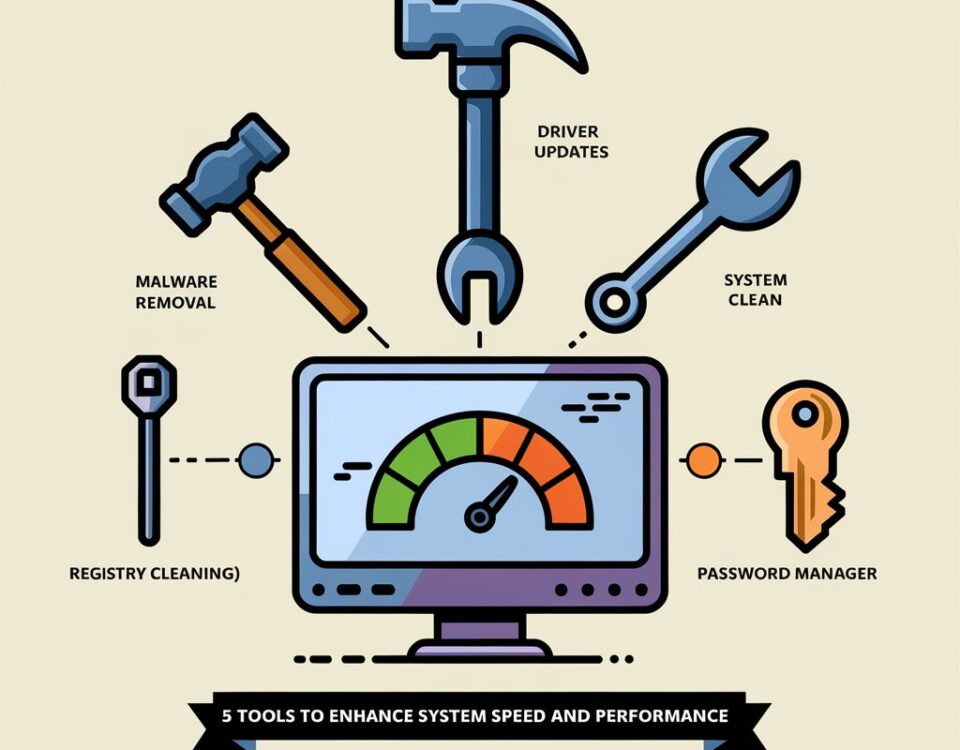
Voice Assistants: Transforming Our Interaction with Technology
June 26, 2024
How Streaming Services Have Changed Entertainment Consumption
June 27, 2024The Importance of Cybersecurity in Daily Internet Use
In today's digital age, cybersecurity is more important than ever. With our increasing reliance on the internet for everything from banking to communication, the risk of cyber threats grows. Cybersecurity measures protect us from these threats, ensuring our personal information remains secure. Understanding the importance of cybersecurity can help us navigate the internet safely, protecting both our data and our privacy.

Understanding Cybersecurity
Cybersecurity refers to the practices and technologies designed to protect computers, networks, and data from unauthorized access. It includes measures like firewalls, antivirus software, and encryption. These tools help prevent cyber attacks, which can lead to data breaches, identity theft, and financial loss.
Common Cyber Threats
- Phishing Scams
- Phishing involves tricking users into providing personal information by pretending to be a legitimate entity. These scams often come through email or fake websites.
- Malware Attacks
- Malware is malicious software designed to damage or gain unauthorized access to computer systems. Common types include viruses, worms, and ransomware.
- Man-in-the-Middle Attacks
- This involves intercepting communication between two parties to steal data. Public Wi-Fi networks are particularly vulnerable to these attacks.
Protecting Personal Information
- Use Strong Passwords
- Strong passwords are essential for protecting online accounts. Use a mix of letters, numbers, and special characters. Avoid using easily guessable information like birthdays or names.
- Enable Two-Factor Authentication
- Two-factor authentication adds an extra layer of security by requiring a second form of verification. This can be a text message code or a fingerprint scan.
- Regular Software Updates
- Keeping software up to date ensures you have the latest security patches. Cybercriminals often exploit vulnerabilities in outdated software.
Safe Browsing Practices
- Secure Websites
- Always ensure websites use HTTPS, indicating a secure connection. Avoid entering personal information on unsecured websites.
- Be Cautious with Public Wi-Fi
- Public Wi-Fi networks are often unsecured, making them easy targets for hackers. Use a VPN when accessing sensitive information on public networks.
- Beware of Suspicious Links
- Avoid clicking on links or downloading attachments from unknown sources. These could be phishing attempts or contain malware.
Educating Yourself and Others
- Stay Informed
- Keep up with the latest cybersecurity news and trends. This helps you stay aware of new threats and how to protect against them.
- Educate Family Members
- Teach family members about safe internet practices. This is particularly important for children and elderly relatives who may be less familiar with online security.
- Cybersecurity Training
- Consider taking a cybersecurity course. Many organizations offer free resources to help individuals understand how to protect themselves online.
The Role of Businesses in Cybersecurity
Businesses play a crucial role in cybersecurity. They must protect not only their data but also their customers’ information. This includes implementing strong security measures and educating employees about cyber threats. Regular security audits and having a response plan for potential breaches are also essential.
Conclusion
Cybersecurity is vital for protecting our personal information and maintaining our privacy online. By understanding the common threats and adopting best practices, we can reduce our risk of falling victim to cyber attacks. Whether you’re an individual user or a business, taking cybersecurity seriously is essential in today’s connected world. Stay informed, stay cautious, and stay safe online.




